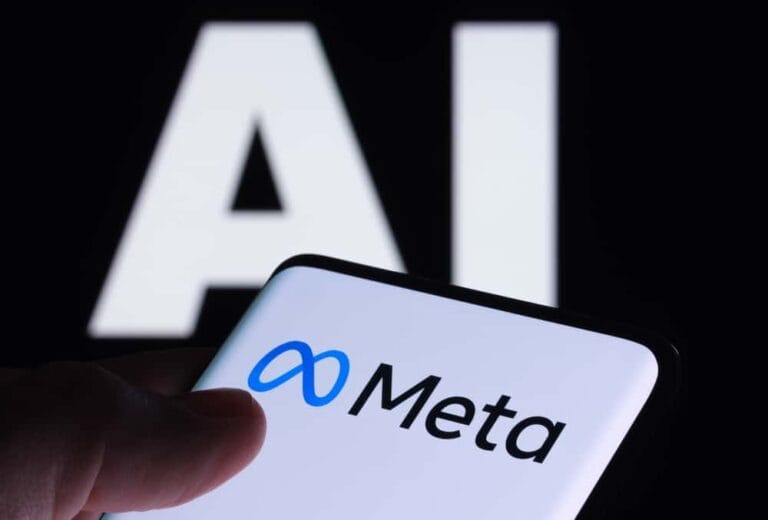Meta plans to flood Facebook and other social media platforms with artificial intelligence-powered user profiles, according to one of its top executives.
Over the past year, Meta has developed and promoted several new AI tools on Facebook, Instagram, and other platforms. The company introduced AI chatbots to its Messenger app and launched AI tools for character creation in July. According to Connor Hayes, vice president of product for generative AI at Meta, hundreds of thousands of characters have already been created.
The vast majority of these AI-created characters remain private for now. But Meta expects them to become widespread across platforms in the coming years.
Hayes told the Financial Times in an interview that Meta expects the characters to actually exist on the platforms over time, somewhat in the same way accounts do. They will have biographies and profile pictures, and they will be able to share AI-generated content on the platform.
AI is a priority for Meta
According to Hayes, investing in AI will remain a priority for Meta over the next two years. This is because the company aims to provide more entertainment and engagement for users. On Facebook, users already have access to AI tools for editing photos and creating AI assistants that can respond to fan posts.
The Financial Times article added that Meta is also planning a new text-to-video tool for content creators that will allow users to add themselves to AI-generated videos.
A Meta spokesman told Fox Business that the tool will allow people to create video characters based on the user’s interests through AI. These are designed to both entertain and provide support. For example, users can create AI characters who teach others how to cook, give fashion advice or share makeup tips.
Critics see risks
Although Meta clearly labels all AI-generated content on its platforms, critics tell SiliconAngle that there are legitimate reasons to be concerned about the proliferation of largely unverified AI users and AI-generated content on social media.
Such concerns include the risk of political manipulation. And of platforms being flooded with low-quality content. But there is also potential for more serious harm. For example, a mother recently filed a lawsuit against the AI company Character Technologies, alleging one of its chatbots encouraged her 14-year-old son to commit suicide.
Without robust safeguards, platforms risk reinforcing false narratives by these AI-driven accounts. Becky Owen, former head of creator innovations at Meta, stated this in the Financial Times.
Owen also warned of the risk that low-quality content could dilute the brand of social media platforms. Unlike human creators, these AI personas do not have life experiences, emotions or the same capacity for relatability, was her warning.
Meta hopes for return on AI investment
Nevertheless, Meta seems determined to proceed with its plans to flood social media with AI, if only to see a return on the billions of dollars it has already invested in this technology.
In April, Meta chief executive Mark Zuckerberg said it may be years before the company sees any return on this. According to the Facebook founder, investing in building these new large-scale experiences in apps has historically been a good long-term investment. And he says the early signs are also positive.
Building industry-leading AI, he says, will be a more significant undertaking than previous innovations, though.
